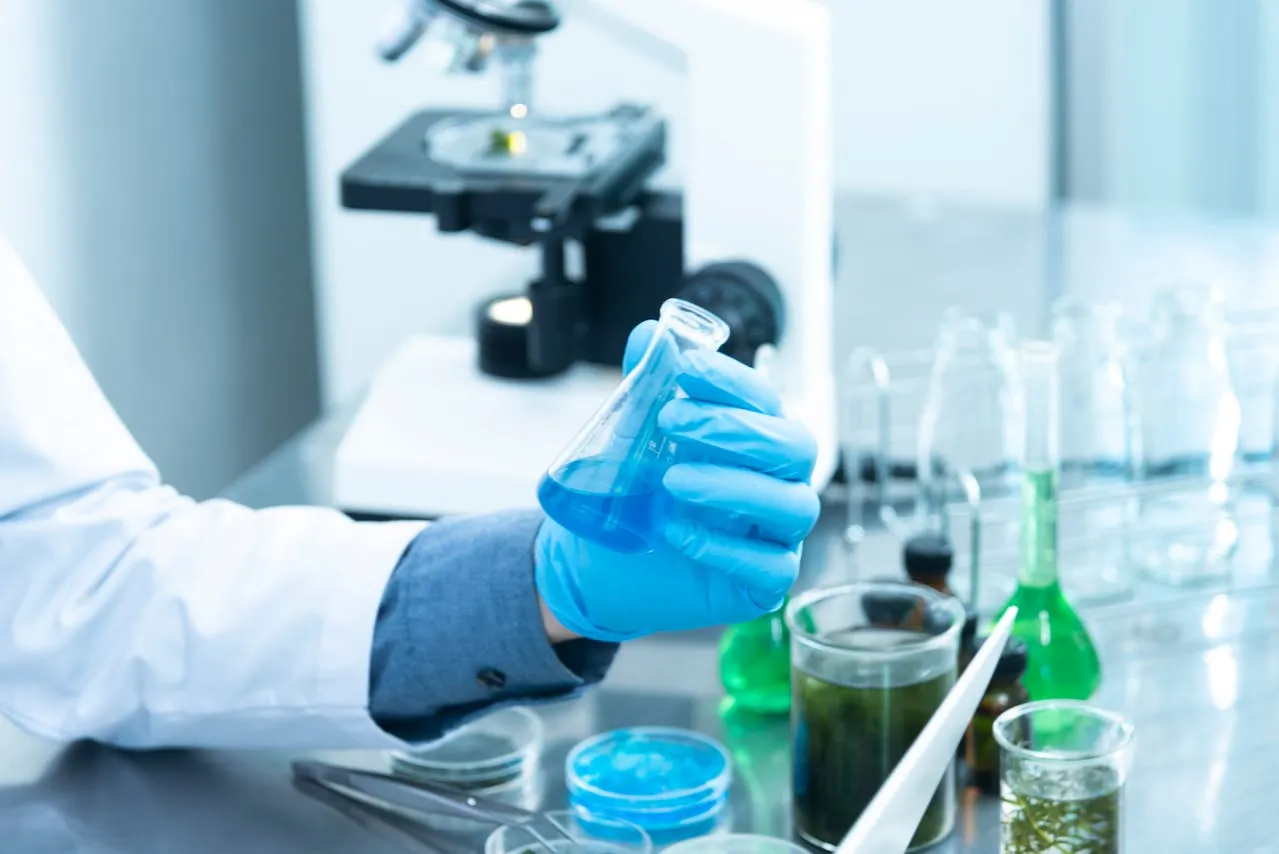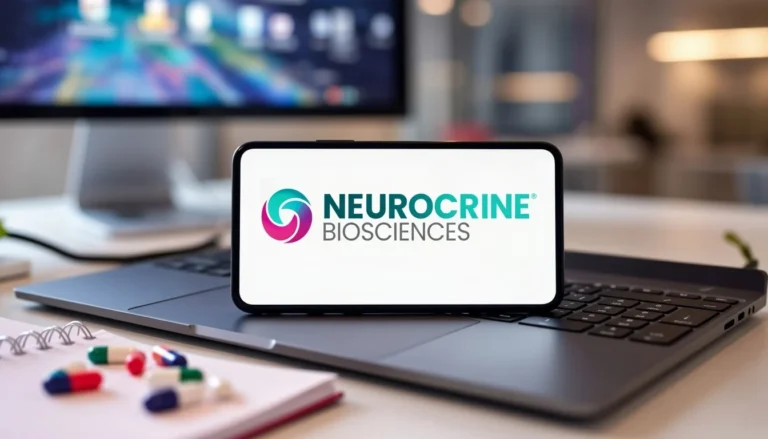
Dyadic International Rebrands as Dyadic Applied BioSolutions, Marking Strategic Shift Toward Commercial Bioprocessing Solutions
Dyadic International, Inc. (Nasdaq: DYAI), a global biotechnology company known for its proprietary gene expression platforms, has announced a strategic rebrand that reflects its evolution from a research-driven biotech entity into a commercially focused provider of bioprocessing solutions. Effective within the next 30 days, the company will begin operating under its new name: Dyadic Applied BioSolutions.
This rebranding initiative marks a significant milestone for Dyadic as it pivots toward commercializing high-value, non-therapeutic proteins for use across life sciences, food and nutrition, and industrial biotechnology. The company’s patented C1 and Dapibus™ gene expression platforms—central to Dyadic’s operations—form the foundation of its strategy to deliver scalable, cost-effective proteins that support a wide array of applications beyond human therapeutics.
Transitioning from Research to Revenue
The decision to rebrand is not merely a cosmetic change but represents a deeper shift in Dyadic’s business model. For years, the company was primarily known for licensing its C1 platform for the development of therapeutic biologics and vaccines. However, Dyadic has now sharpened its strategic focus on commercializing non-therapeutic proteins—input molecules that are crucial for downstream manufacturing and production processes in various industries.
“We are evolving from licensing our technology in support of therapeutic and vaccine development into a revenue-focused bioprocessing protein platform business,” said Joe Hazelton, President and Chief Operating Officer of Dyadic. “Our C1 and Dapibus™ production platforms remain the engines we expect to drive commercial execution. The rebranding reflects our top priority: to deliver high-value input proteins at commercial scale.”
Unlike therapeutic biologics, non-therapeutic proteins face fewer regulatory hurdles, significantly lower development costs, and faster time-to-market. These characteristics make them particularly attractive in sectors such as food manufacturing, enzyme production, biofuel development, and nutritional science. Dyadic aims to capture value through faster commercialization cycles and long-term supply agreements across these verticals.
Commercial Progress and Milestones
Dyadic’s commercial ambitions are already yielding tangible results. A recent development milestone in the company’s second non-animal dairy enzyme program triggered a $250,000 payment, reinforcing its momentum in the food and nutrition sector. This project is just one example of how Dyadic is leveraging its platforms to meet growing market demand for sustainable and animal-free alternatives.
The C1 expression platform, originally derived from a fungus used in industrial enzyme production, has been optimized by Dyadic for robust, scalable, and cost-efficient protein production. Its counterpart, the Dapibus™ platform, is designed for producing proteins in a non-GMP environment for food and industrial use. Together, these platforms allow Dyadic to produce proteins with high yield and purity, tailored to meet the specific needs of commercial partners.
“The progress we’re seeing on these commercial applications validates our strategy,” Hazelton added. “We’re now in a position to not only demonstrate the technical capabilities of our platforms but to monetize them in meaningful, recurring ways.”
Advancing Legacy Collaborations in Global Health
In parallel with its commercial focus, Dyadic continues to advance legacy projects with strategic partners in global health. One such initiative includes a collaboration with the Bill & Melinda Gates Foundation aimed at developing low-cost monoclonal antibodies (mAbs) for infectious diseases such as malaria and respiratory syncytial virus (RSV).
This partnership has recently reached a key milestone, resulting in a second disbursement of $1.5 million in non-dilutive grant funding, part of a broader $3.0 million award. These funds are being used to further optimize Dyadic’s C1 platform for low-cost mAb production that could be deployed in low- and middle-income countries.
These legacy programs highlight Dyadic’s continued relevance in therapeutic development, even as the company reallocates resources to accelerate commercial output in other domains.




